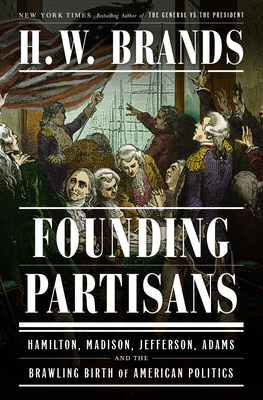What do you think?
Rate this book


452 pages, Kindle Edition
First published November 7, 2023
“The world, my dear child, is running wild, and quitting the substance to seize on the shadow. It is endeavoring to shake itself loose from every divine and moral tie, every restraint of law and government, every salutary basis of genuine discipline and virtuous education. If they succeed, they would either wholly depopulate the earth or at least restore the reign of savage and brutal barbarity.”